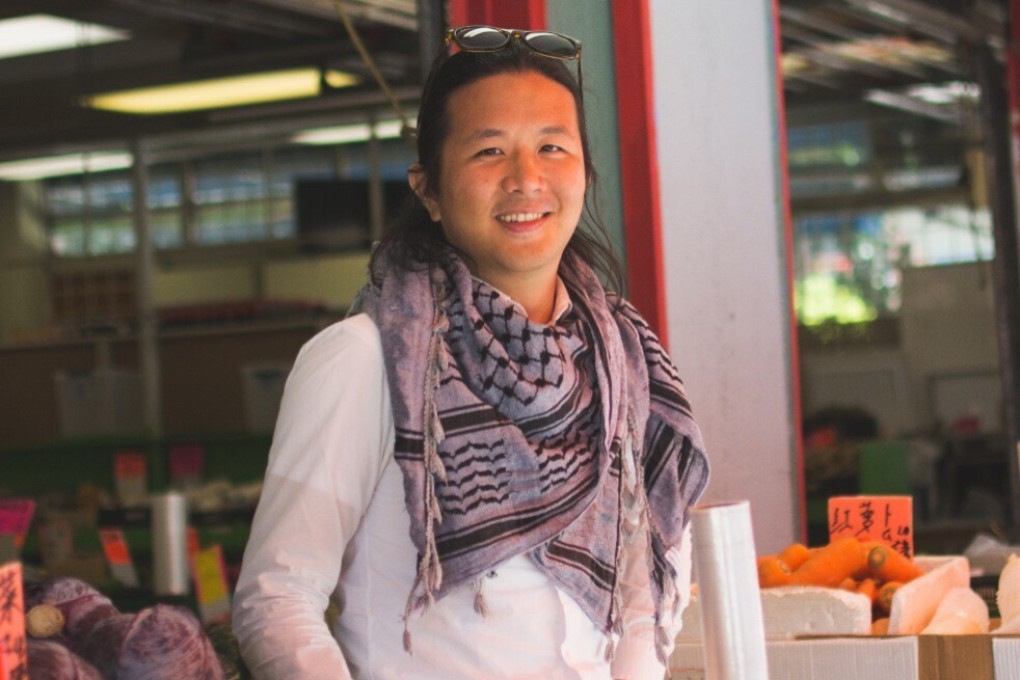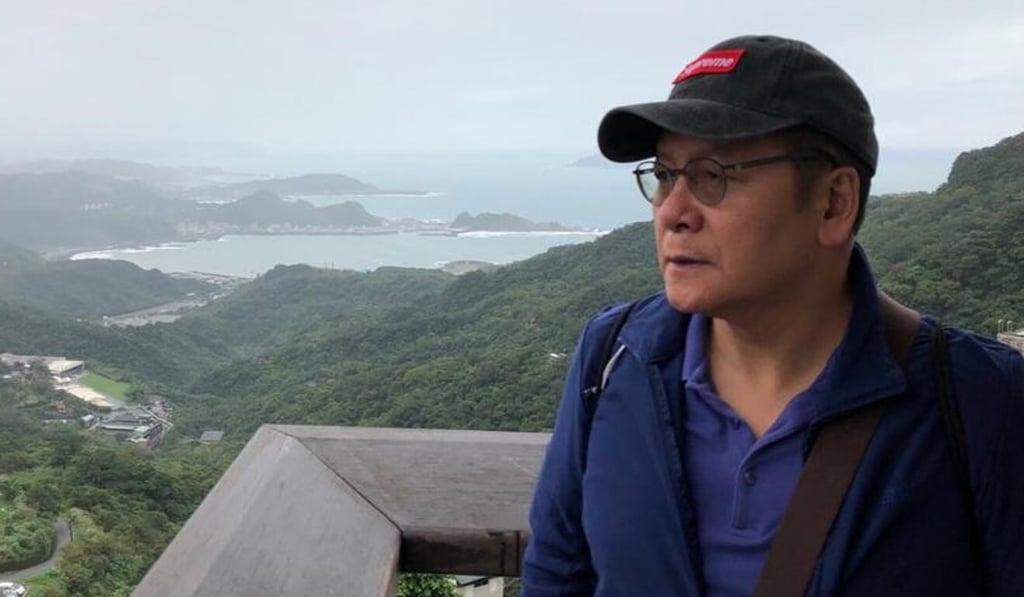‘A Chinese kind of democracy’: why young Chinese-Canadians in Vancouver support Hong Kong’s anti-extradition bill protests
- Not all of them have connections to Hong Kong, but they see the protests as a means of activism to seek democracy that is ‘not framed in a Western way’
- But other ethnic Chinese people in Vancouver insist Hong Kong affairs are an internal matter for China

The letter, published on June 21 in the Toronto Star, was signed by a group of 20 young people in Vancouver who described themselves as “young social change advocates” belonging to the “Asian Diaspora for Hong Kong”.
Many of the signatories said they had deep ties to Hong Kong and feared the bill – which would allow the transfer of fugitives to jurisdictions the city does not have an extradition agreement with, including mainland China – would make it unsafe for them to visit the territory. “We fear that future generations of children of the diaspora will lose their connection to their families and ancestral homeland,” the letter said.
Meanwhile, in the Vancouver and Toronto editions of the Sing Tao and Ming Pao newspapers, an ad paid for by different chapters of the Chinese Benevolent Association (CBA) across Canada read: “The affairs of Hong Kong are the internal matters of China … We oppose any intervention by any foreign forces.”
The two statements have showcased ideological rifts within Vancouver’s community of 411,000 ethnic Chinese residents, that may not be drawn along the lines of birthplace, language and culture.

Jun Ing, the Vancouver-based vice-president of the CBA, said the protests had divided the Chinese community and some had complained the ad was intimidating.